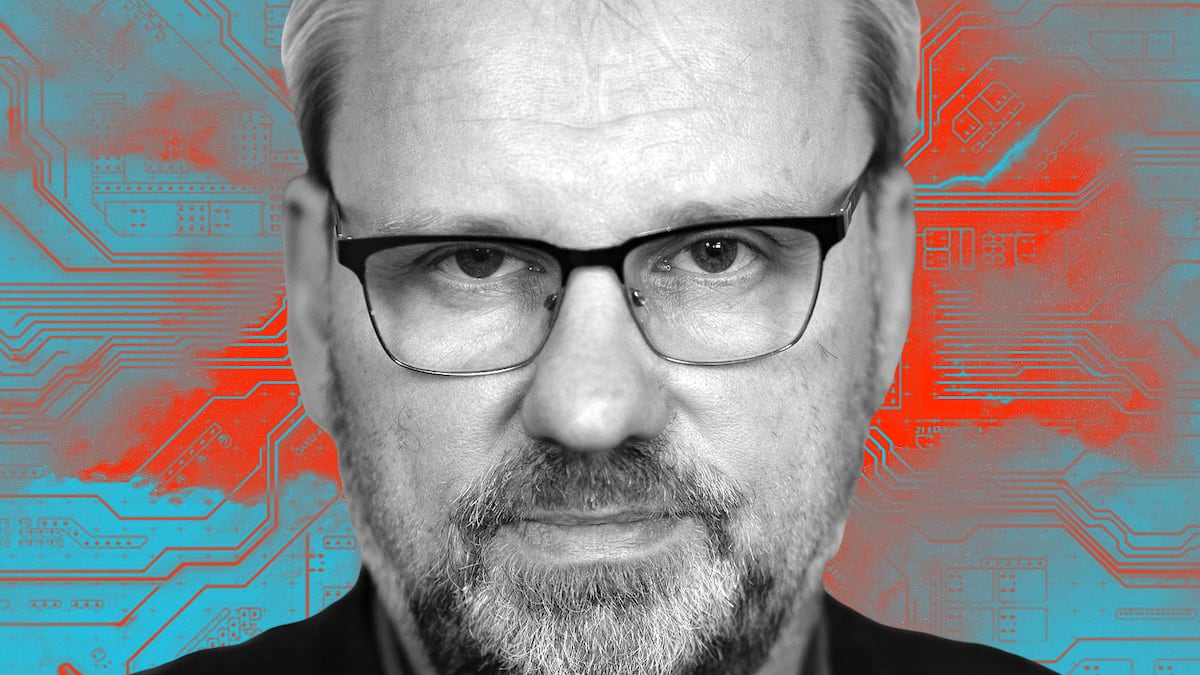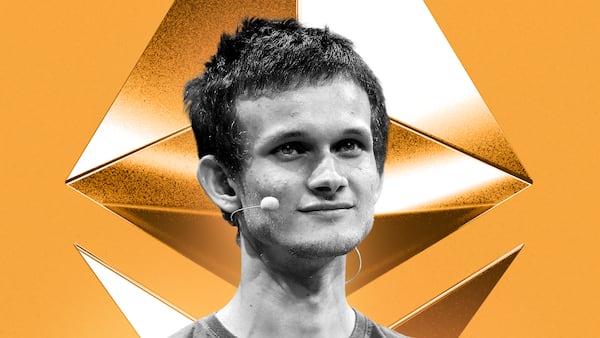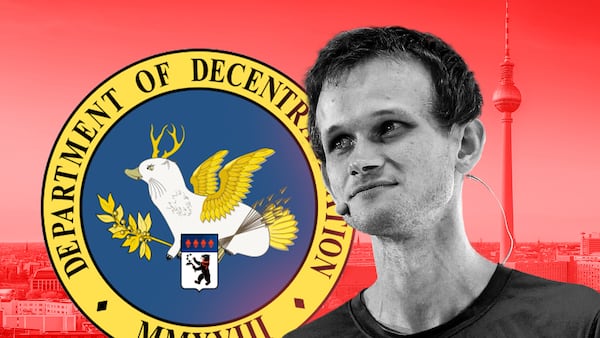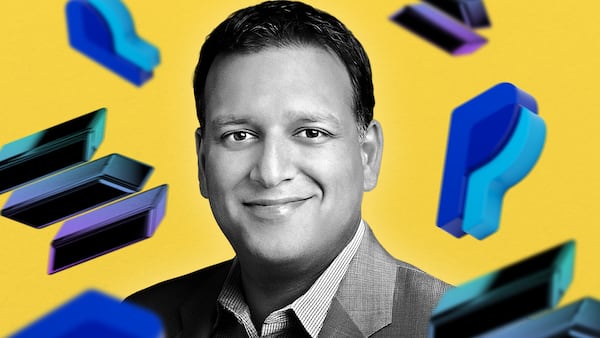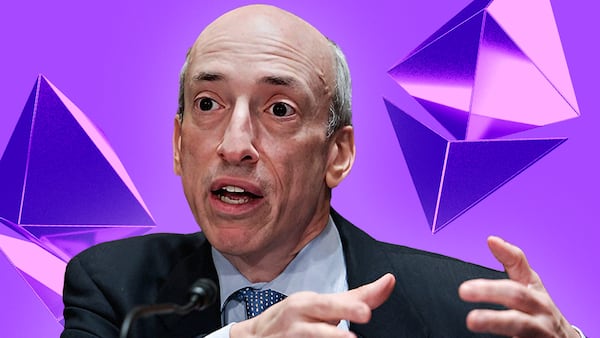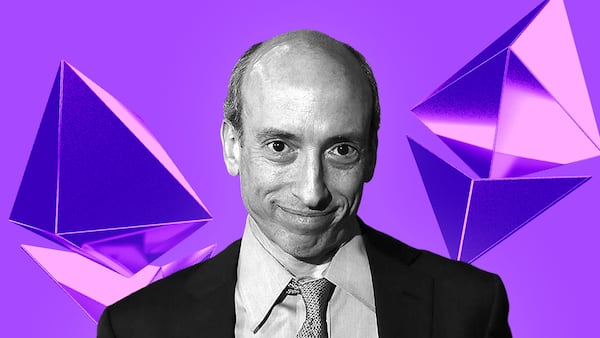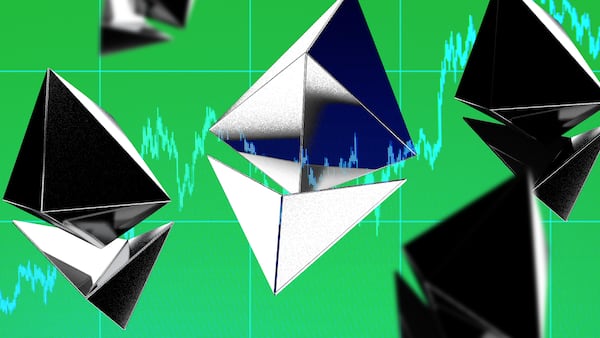- DeFi's promised social value lies in the termination of the financial middleman.
- Do not fall for the financial innovation hype.
Wolfgang Münchau is a columnist for DL News. He is co-founder and director of Eurointelligence, and writes a column on European affairs for the New Statesman. Opinions are his own.
As a young financial journalist in the mid-1980s, I met the late Ivan Boesky, an investor who called himself a modern arbitrageur.
He had me fooled.
Old arbitrage was the exploitation of price differences between exchanges. If bills of exchange in sterling were cheaper in medieval Paris than in Bruges, a merchant banker would buy them in Paris and sell them in Bruges.
This would lead to an equalisation of prices. Even though everybody is in it for the money, there is social value in this transaction. It increased the efficiency of markets.
But this is not what Boesky did. He made the implausible claim that he would arbitrage information — merger arbitrage as he called it.
That sounded intriguing to us, but it turned out to be a euphemism for insider trading.
A few months after our meeting he was arrested. What appeared to me as a financial innovation turned out to be old-fashioned fraud.
He served time in jail, got barred from the financial markets for life, became a government informer, and stayed out of the spotlight until his death last month.
Michael Douglas’ Gordon Gekko character in the 1987 film “Wall Street” — the “greed is good” part — was based on Boesky.
What the Boesky experience taught me is that financial innovation doesn’t actually exist.
‘When someone claims they’e created an innovation, it is usually more likely they’ve found a way to hide risks.’
That might sound like a bold claim. But think about it.
Finance is the intermediation between borrowers and lenders, and savers and investors.
You can structure credit in different ways. Or hedge risk.
But when someone claims they’re created an innovation, it is usually more likely they’ve found a way to hide risks. Case in point: US subprime mortgages in the 2000s, which concealed bad credit in vast pools of investment grade products.
Fundamental observation
So how does this apply to crypto, or more precisely, to decentralised finance?
Let’s start with the tendency by many to conflate the properties of DeFi instruments — tokens, blockchain networks, smart contracts — with the industry itself.
DeFi’s promised social value lies in the termination of the financial middleman. This is a big deal, and one that would justify some of the large investment flows into the crypto industry.
What Amazon did initially for books and later later for everything else, is what crypto can do for finance.
Crypto’s potential
In finance, you can estimate the current costs of the rent-seeking middleman in terms of the margin between market interest rates and loan rates, or credit card interest rates.
In other words, the spread you see between central bank capital and the rate your bank is giving you on deposits, or charging you on debt, is massively wide.
That’s the potential in savings crypto can offer.
It can take out some of the hassle of a mortgage application, and it can match borrowers and lenders in ways that is not possible with the mostly static institutions of modern finance.
But beware of claims that go beyond this. In statistics, there is a famous method called “the bootstrap” — a sampling technique that superficially appears to create data out of nothing.
You can bootstrap data, but you can’t bootstrap money, just like a central bank cannot expand the money supply beyond certain thresholds over long periods without creating inflation.
Bubbles can persist for surprisingly long times — decades even. Some people will make a killing while it lasts. If it is not sustainable, it will end.
The natural barrier for DeFi is that ownership of real assets is governed by national laws. It takes a court order to claim a delinquent debtor’s assets.
Uncollateralised lending, which is the business of banks, is difficult in a pure crypto universe.
Wholesale financial markets already operate at high levels of efficiency and low margins.
The main promise for DeFi from an economic perspective would be the parts of the financial markets that suffer the most friction in the form of high transaction costs and barriers to entry.
This would be a social value, but it would still require crypto-friendly regulation.
Social value
This scenario is different from the one I talked about in earlier columns about crypto as a potential replacement for fiat money. That does not require the collusion of authorities.
The social value here is the freedom to transact without state control. What the two have in common is the elimination of the rent-seeking middlemen.
For DeFi, the middleman argument is the one that matters most. But I struggle to see a world of decentralised finance that operates outside of legal systems at scale.
In a fiat money system, one distinguishes between inside and outside money. Inside money is the money created by banks — through loans for example.
Outside money exists outside the financial system, like gold. Crypto money can be classified as outside money from the perspective of the non-crypto world.
In that definition crypto is a bubble that either pops, or that gets fed by fiat money that allows crypto investors to liquidate their positions.
But don’t fall for the financial innovation hype. There are a lot of Boeskys out there in the crypto universe.
I think Amazon is the better way to think about DeFi. Amazon brutally cut out the middleman.
But just as Amazon did not reinvent the book, crypto will not reinvent finance.
